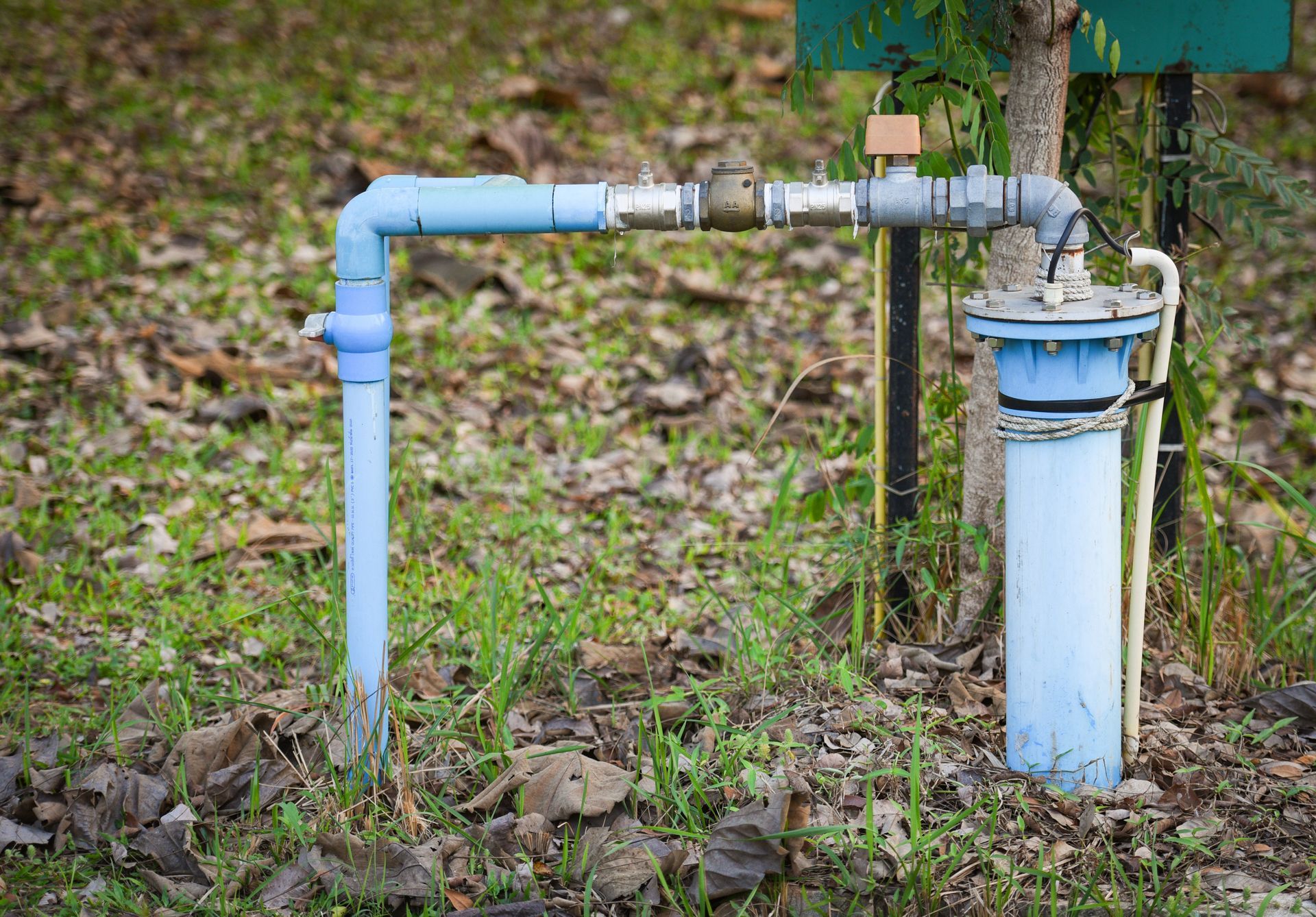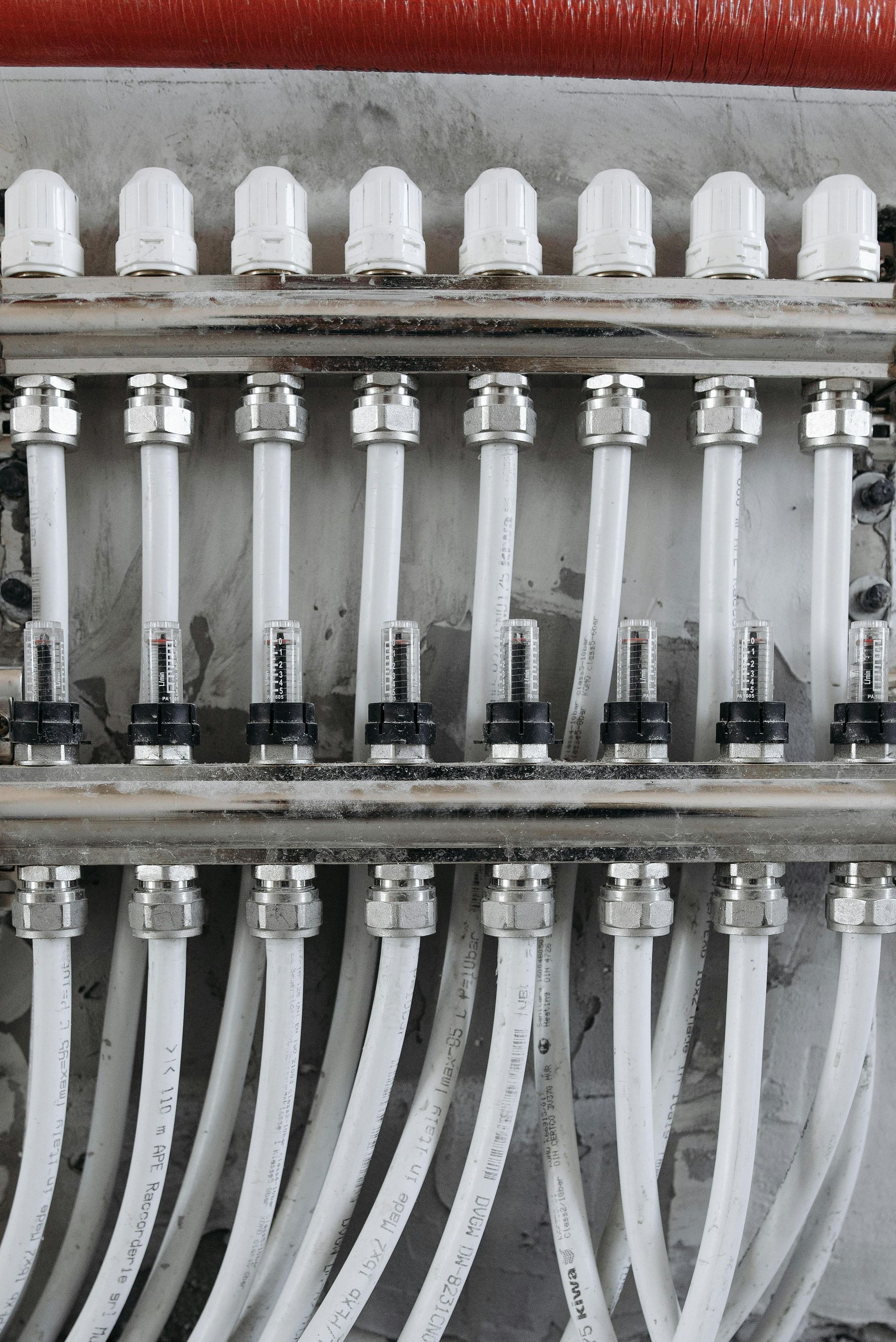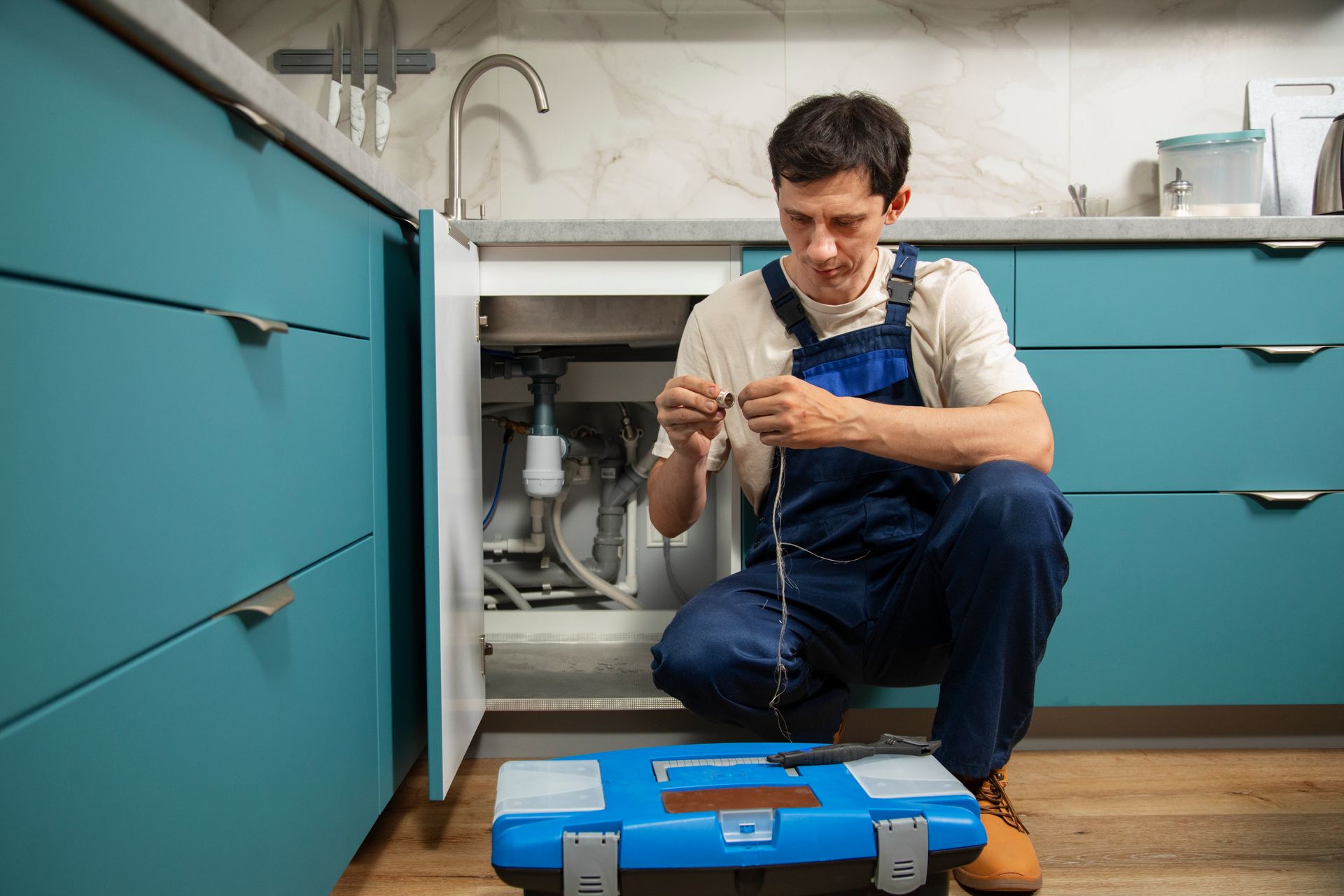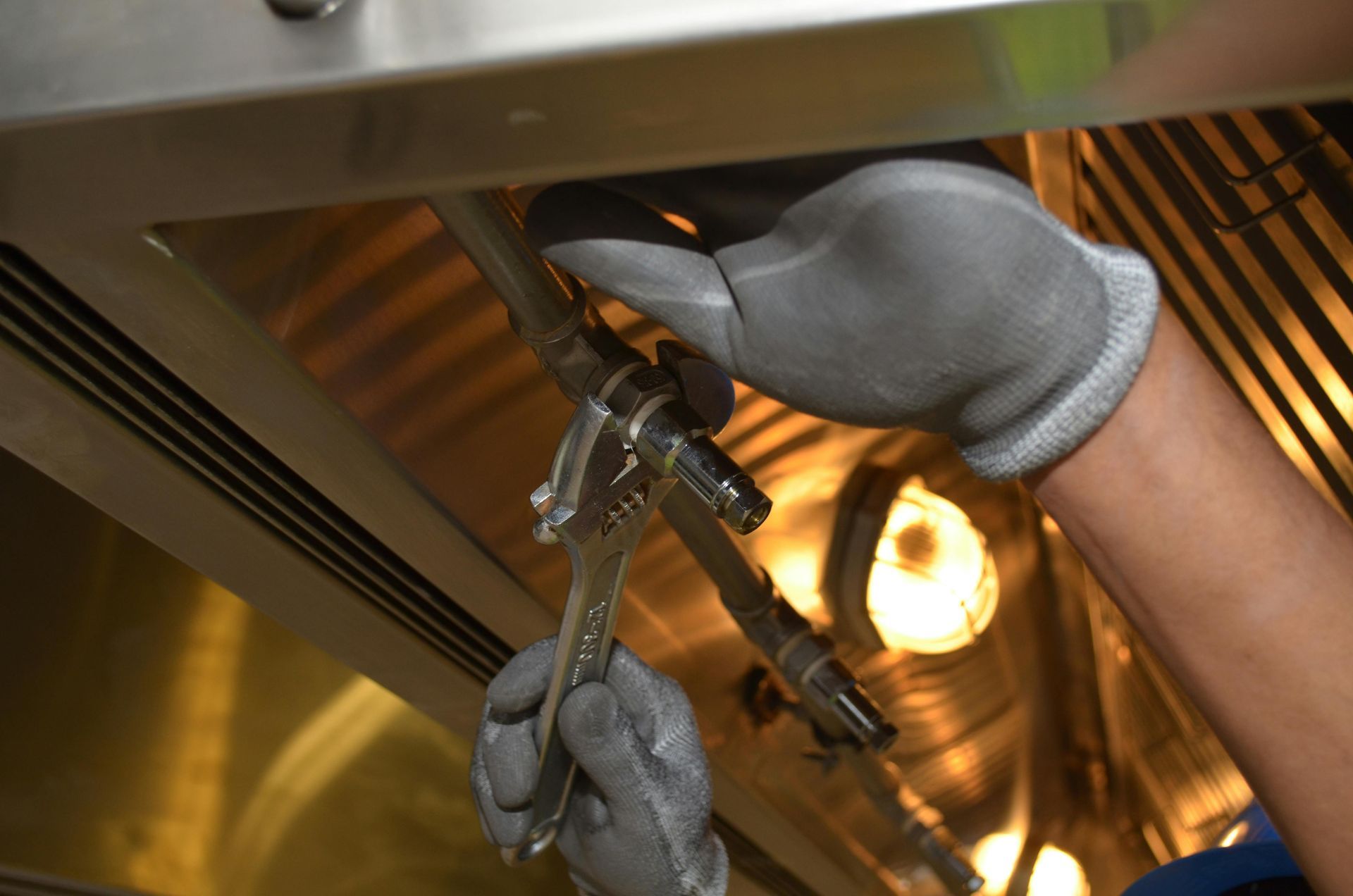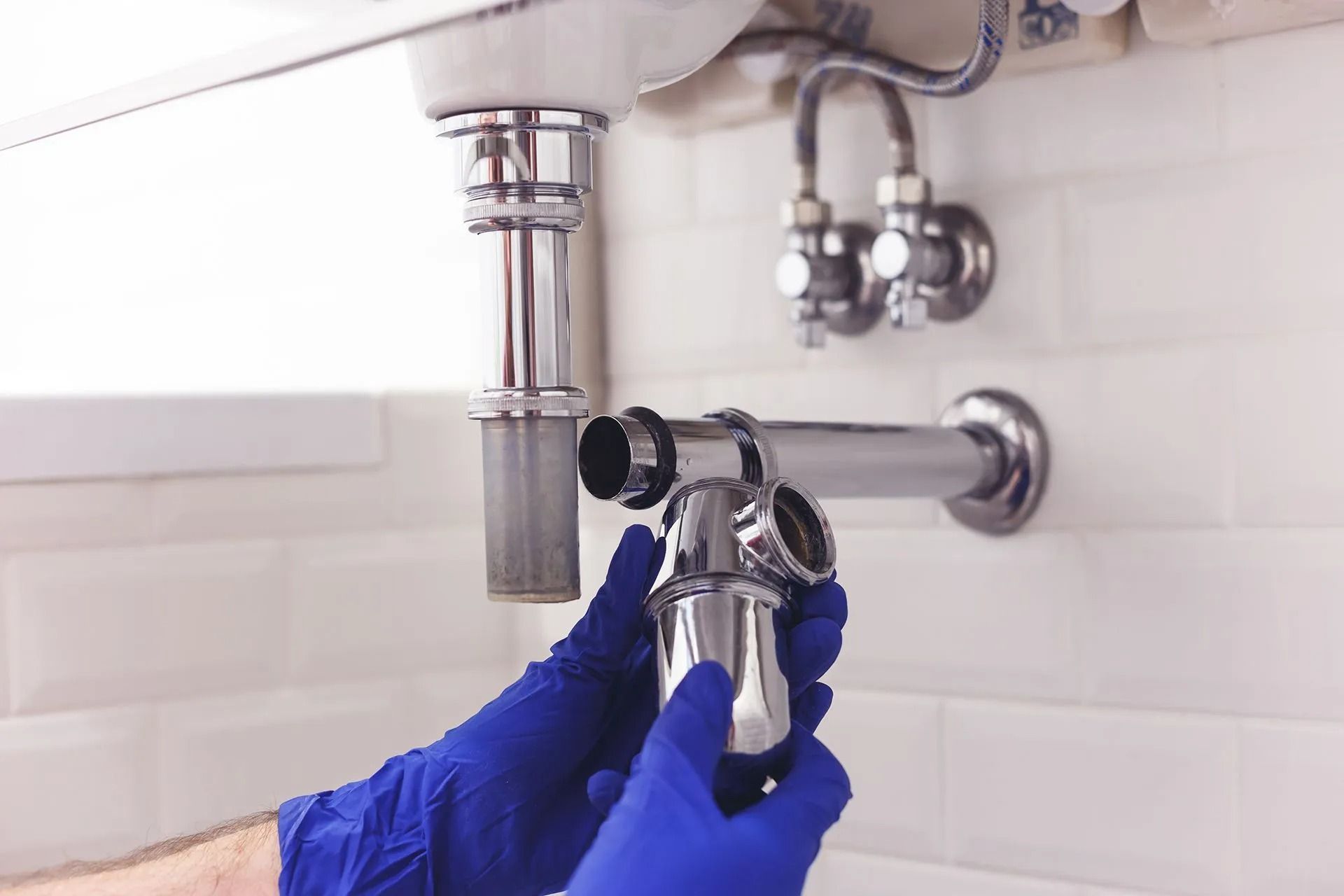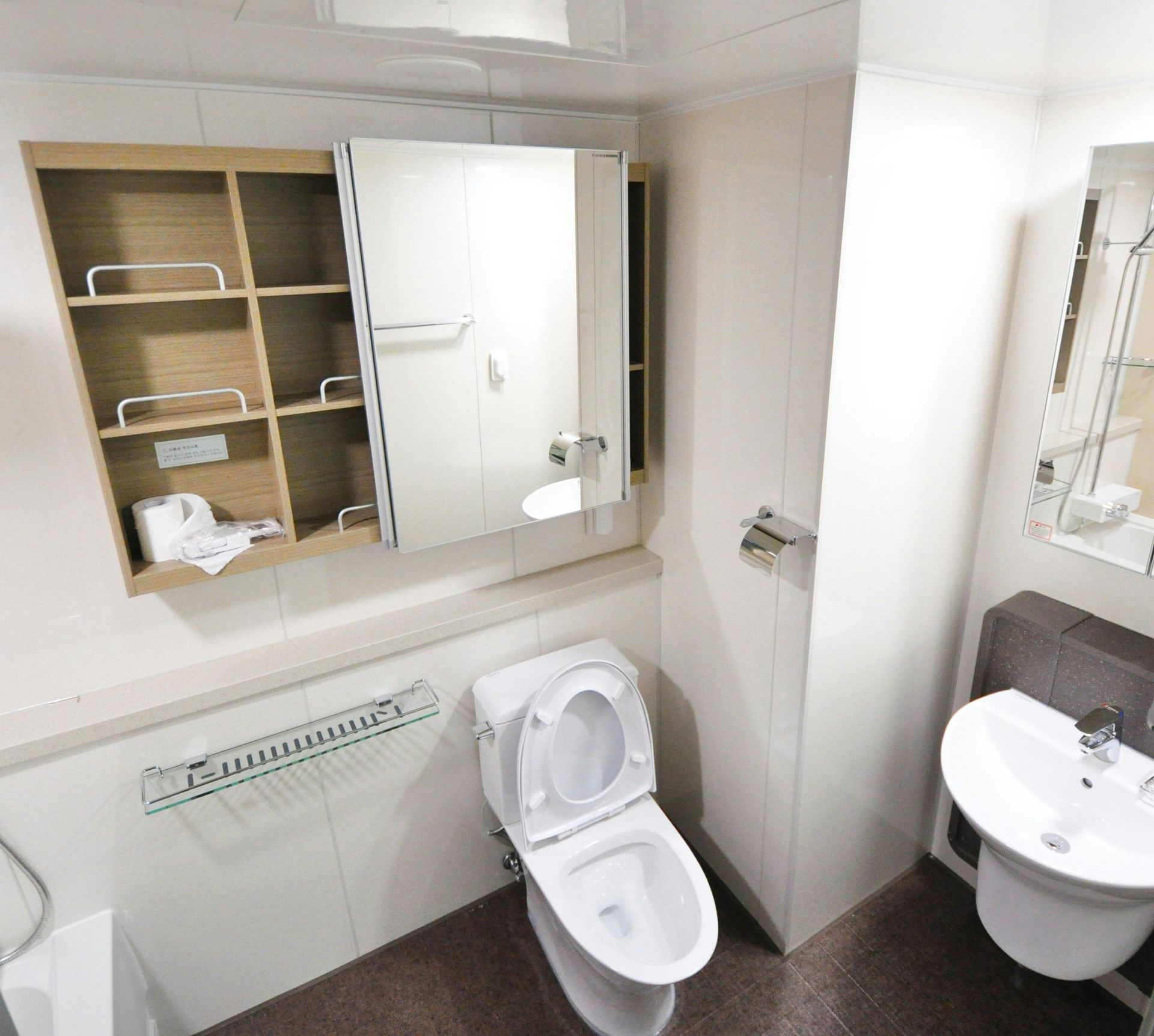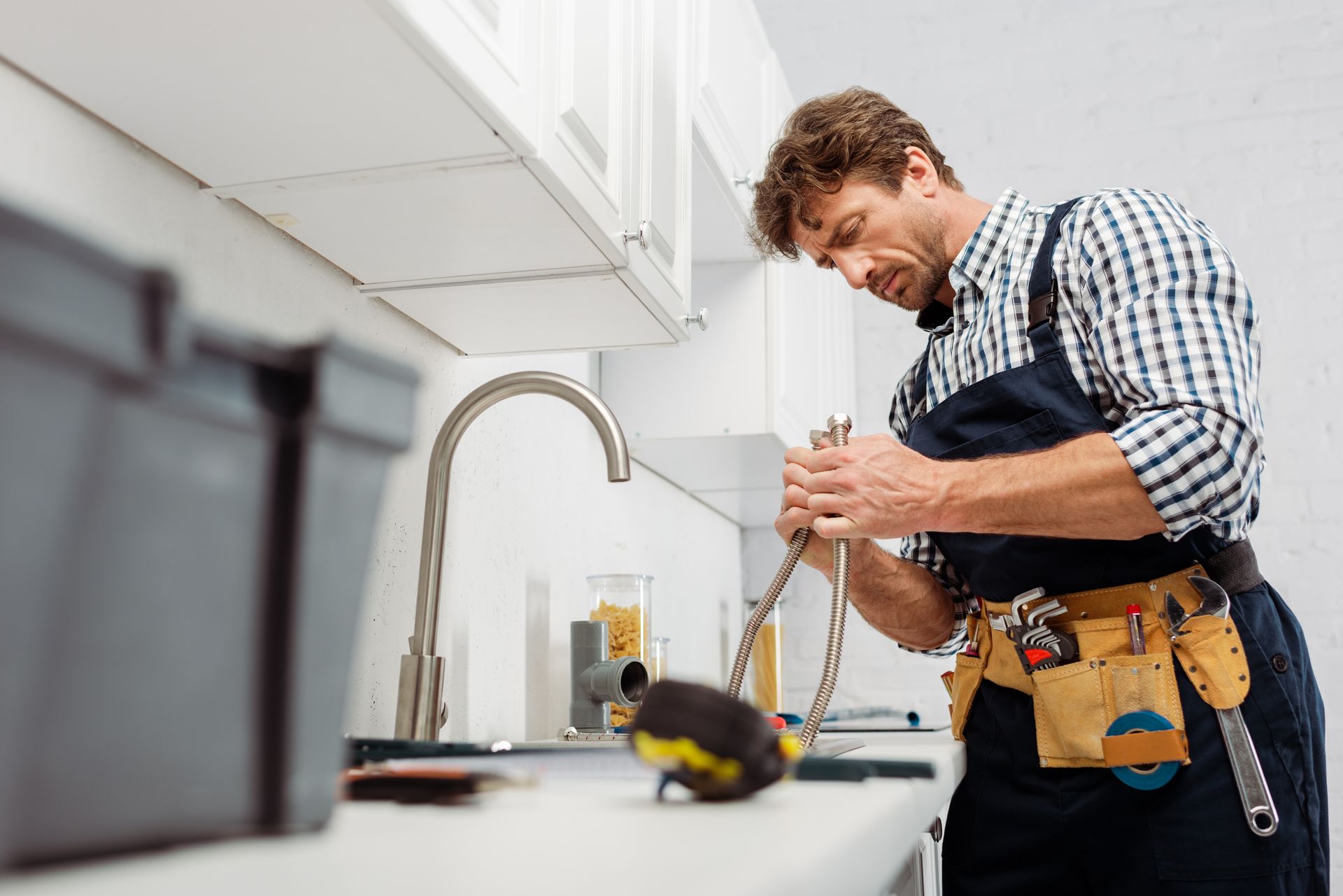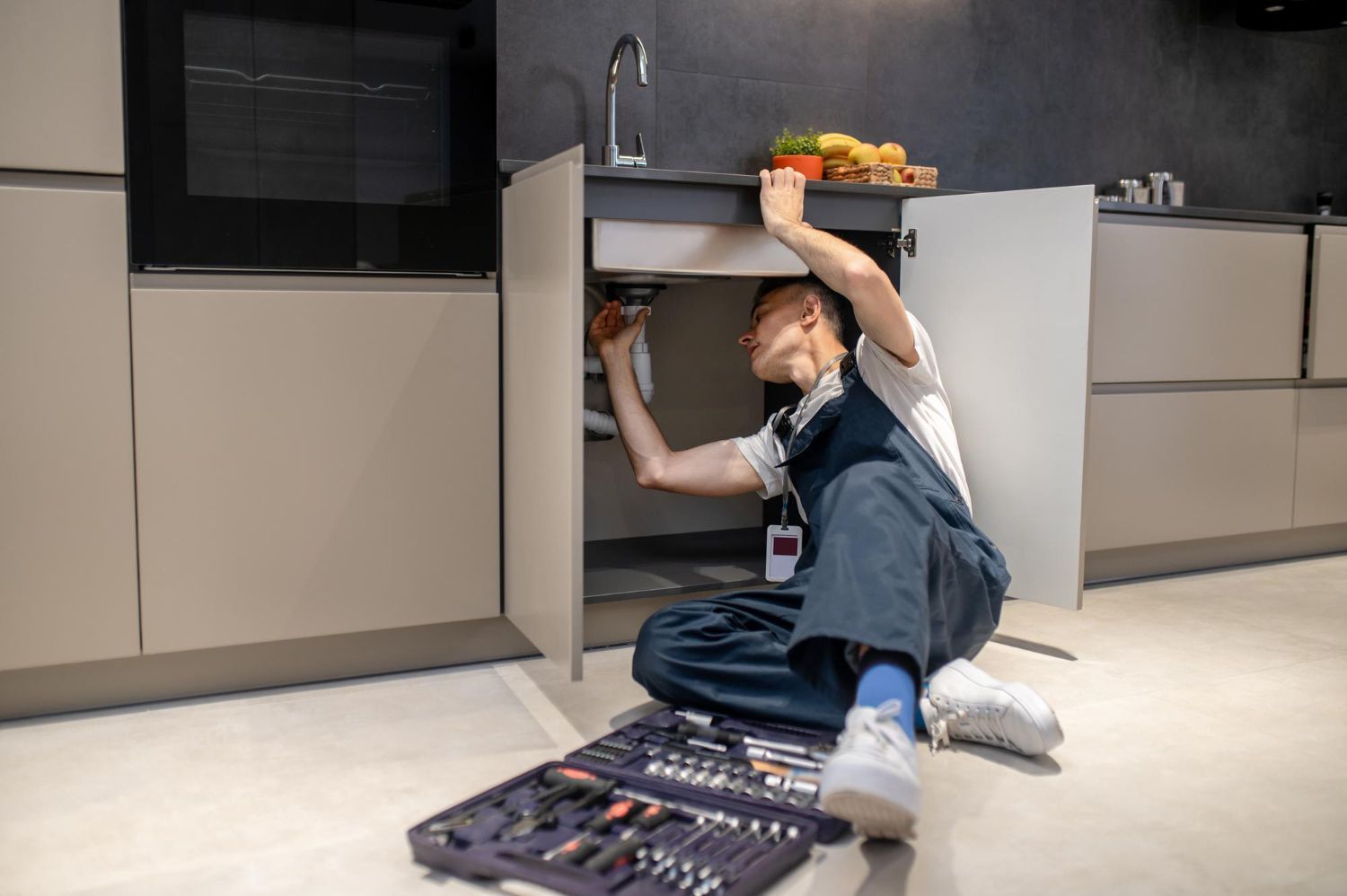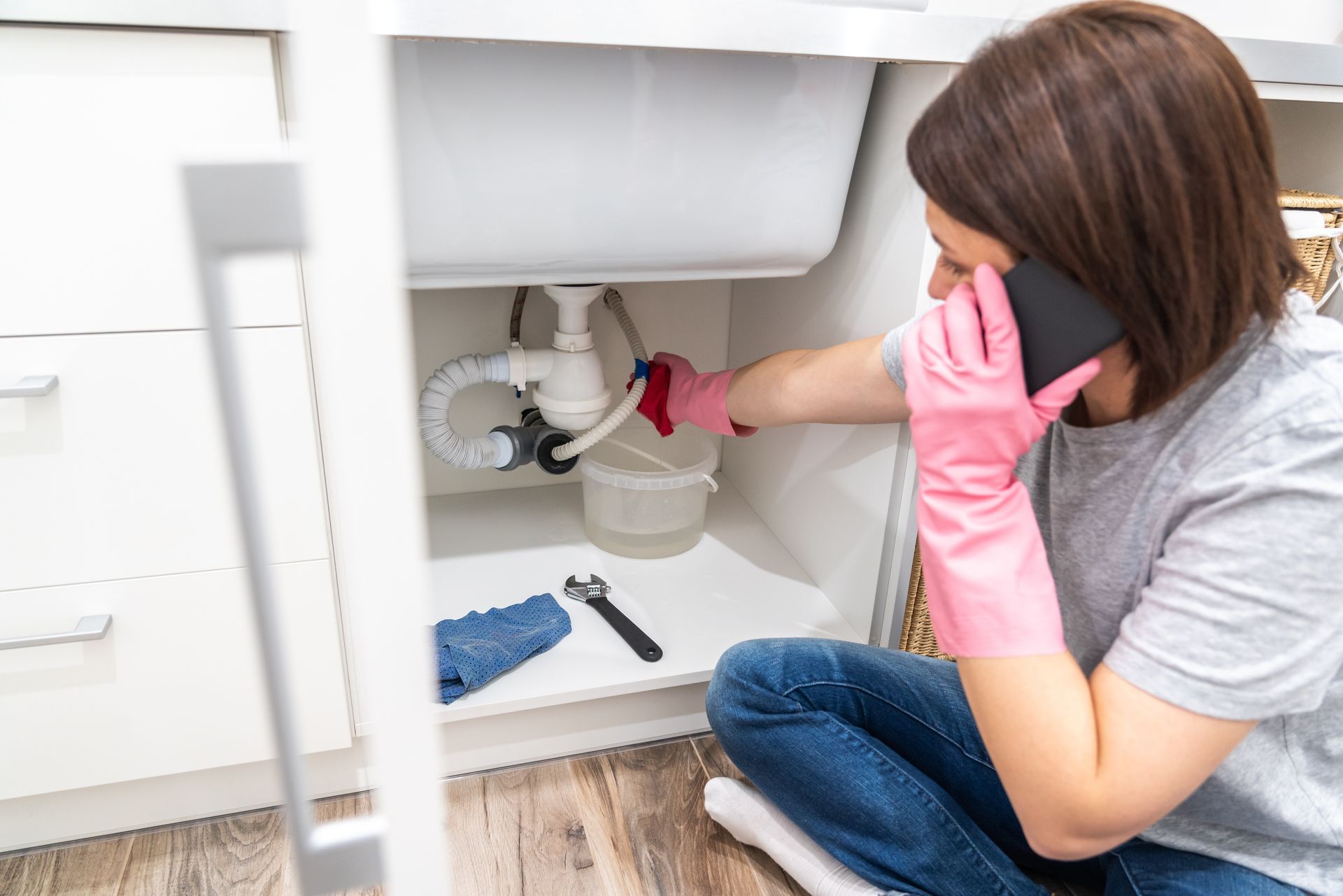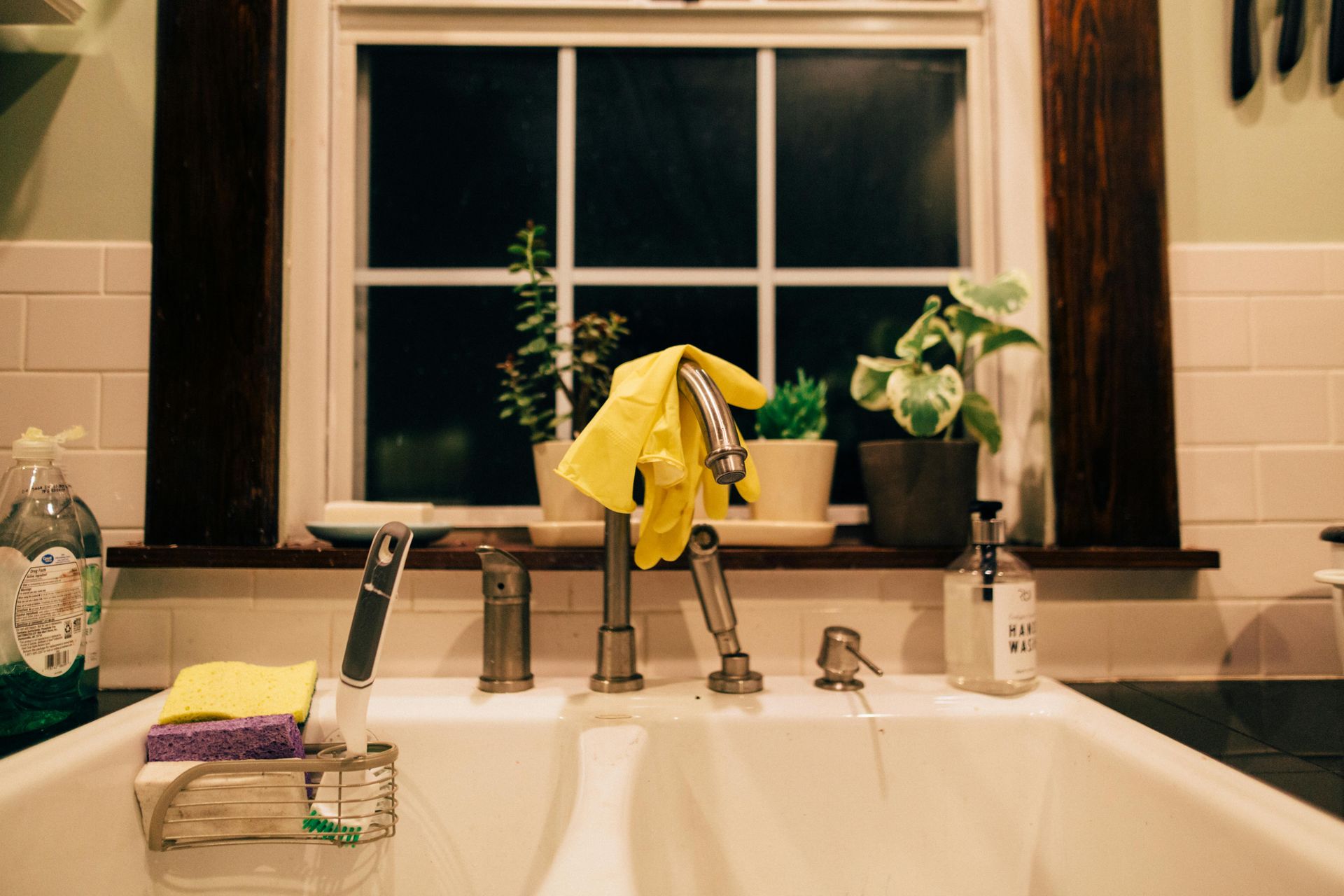Understanding Different Plumbing Pipes and Their Uses
When you turn on your faucet, take a shower, or flush the toilet, it’s easy to forget about the network of pipes working behind your walls and under your floors. But those pipes are the backbone of your home’s plumbing system. Whether it’s carrying clean water in or taking wastewater out, the right plumbing pipe makes all the difference in keeping your system efficient, safe, and long-lasting.
In this guide, we’ll take a deep dive into the most common types of plumbing pipes, explain their uses, and help you understand when to consider
professional plumbing pipe repair or replacement. Whether you’re tackling a remodel, replacing old pipes, or just curious about how your home works, you’ll come away knowing your PVC from your PEX and your copper from your cast iron.
Common Types of Plumbing Pipes and Their Uses
Plumbing technology has come a long way from the days of lead and clay. Today’s homeowners can choose from several reliable pipe types, each with its own strengths and ideal applications. Let’s explore the most common ones.
1. PVC (Polyvinyl Chloride) Pipes
PVC is one of the most popular types of plumbing pipes for both residential and commercial plumbing. It’s lightweight, affordable, and resistant to corrosion, which makes it perfect for drain lines and vent pipes.
Best Uses:
- Drain-waste-vent (DWV) systems
- Cold water lines
- Plumbing vent pipe systems
Pros:
- Easy to install
- Cost-effective
- Resistant to rust and chemical corrosion
Cons:
- Not suitable for hot water lines (it can warp)
- Can become brittle over time if exposed to UV light
PVC pipes are the go-to choice for most homeowners because they’re durable, simple to work with, and relatively inexpensive. Just don’t use them where hot water flows—unless you enjoy replacing pipes more often than necessary.
2. CPVC (Chlorinated Polyvinyl Chloride) Pipes
Think of CPVC as PVC’s heat-resistant cousin. It’s treated with chlorine to withstand higher temperatures, making it suitable for both hot and cold water applications.
Best Uses:
- Hot and cold water distribution
- Residential plumbing systems
- Replacement for metal pipes in older homes
Pros:
- Handles hot water well
- Resistant to corrosion
- Smooth interior prevents buildup
Cons:
- Slightly more expensive than PVC
- Can crack if frozen
CPVC is an excellent middle-ground choice for homeowners who want a reliable and affordable option that works with both hot and cold water. It’s perfect for bathrooms, kitchens, and utility rooms.
3. Copper Pipes
Copper has been a plumbing favorite for decades—and for good reason. It’s durable, safe, and naturally resistant to bacteria. You’ll often find copper pipes in older homes that are still going strong after 50 years.
Best Uses:
- Main water supply lines
- Hot and cold water systems
- Underground installations (when properly coated)
Pros:
- Long lifespan (up to 70+ years)
- Doesn’t contaminate water
- Can handle high water pressure and heat
Cons:
- Expensive
- Requires soldering (not beginner-friendly)
- Can corrode if water is too acidic
Copper is like the classic car of plumbing pipes—reliable, long-lasting, and built to perform. But just like a classic car, it can be pricey to maintain.
4. PEX (Cross-Linked Polyethylene) Pipes
PEX is the rising star of modern plumbing. It’s flexible, easy to install, and great for both hot and cold water lines. Because it can bend around corners without joints, it reduces leak points and installation time.
Best Uses:
- Indoor water supply systems
- Remodeling and retrofitting projects
- Hot and cold water distribution
Pros:
- Extremely flexible and durable
- Easy for professionals to install
- Resistant to scale and chlorine damage
Cons:
- Can’t be used outdoors (UV-sensitive)
- May not fit traditional metal fittings
PEX is the future of residential plumbing. Its flexibility and resistance to freezing make it a favorite for cold climates like the Eastern Panhandle of West Virginia.
5. Galvanized Steel Pipes
If your home was built before the 1960s, you might still have galvanized steel pipes. They were once the standard for water supply but have since fallen out of favor due to corrosion and buildup issues.
Best Uses:
- None in new installations—only found in older homes
Pros:
- Extremely strong
- Once considered durable for high pressure
Cons:
- Rusts and corrodes over time
- Can cause water discoloration
- Difficult to replace or repair
If you have galvanized pipes, it might be time to call a plumber for a plumbing pipe repair or full replacement. These pipes can reduce water pressure and affect water quality.
6. Cast Iron Pipes
Cast iron is often used in older homes for waste and vent lines. Known for its strength and sound-dampening qualities, it’s still used in some commercial applications.
Best Uses:
- Wastewater drainage systems
- Plumbing vent pipe systems
Pros:
- Incredibly durable
- Reduces noise from running water
- Fire-resistant
Cons:
- Heavy and difficult to install
- Prone to rust and corrosion over decades
While cast iron lasts a long time, it eventually deteriorates. If your drains smell bad or your basement pipes look like they belong in a museum, you might need professional plumbing pipe repair or replacement.
What About Plumbing Vent Pipes? Why They Matter More Than You Realize
Most homeowners know about water supply and drain pipes but forget the unsung hero of the plumbing system—the plumbing vent pipe.
A plumbing vent pipe doesn’t carry water; instead, it allows air to flow through your drain system. This prevents suction from forming, which keeps water flowing smoothly and stops sewer gases from sneaking into your home.
Signs of a Blocked Vent Pipe:
- Gurgling noises when flushing
- Slow drains throughout the house
- Foul odors from sinks or toilets
- Water backing up in strange places
If your vent pipe is blocked (by debris, leaves, or even a bird’s nest), it can throw your entire plumbing system off balance. Fixing it often requires roof access, so it’s best left to professionals.
Call The Plumbing Trust for Professional Plumbing Pipe Repair in Martinsburg, WV
If your home’s plumbing pipes are showing signs of wear, or you’re hearing strange gurgles from your plumbing vent pipe, our experts at The Plumbing Trust are here to help. We specialize in plumbing pipe repair, replacement, and maintenance services for homes across Martinsburg and the Eastern Panhandle of West Virginia. Our experienced team knows how to identify issues quickly and offer the best solutions for your budget and home’s needs.
At The Plumbing Trust, we’re more than just pipe experts. We also provide
general plumbing,
tankless water heater installation,
water treatment solutions,
underground utility services, and
well pump repairs. Call us today at
(304) 249-4956 to schedule your professional plumbing service and keep your home’s water system in top condition.
FAQs
How long do plumbing pipes last?
It depends on the material. PEX and copper can last 40–70 years, while PVC and CPVC typically last 25–40 years. Cast iron can last up to a century but will eventually corrode.
What type of plumbing pipe is best for my home?
PEX is great for new installations, while copper remains a premium option for long-term reliability. A professional plumber can recommend the right pipe for your specific needs.
How can I tell if I have old galvanized pipes?
Galvanized pipes are heavy and grayish with threaded joints. If you see rust, discolored water, or low pressure, they may need to be replaced.
What does a plumbing vent pipe do?
It releases air and gas from your drainage system, keeping water flowing smoothly and preventing sewer odors from entering your home.
Can I repair a leaking pipe myself?
Small leaks can sometimes be patched temporarily, but permanent plumbing pipe repair should always be handled by a licensed plumber to avoid future problems.

